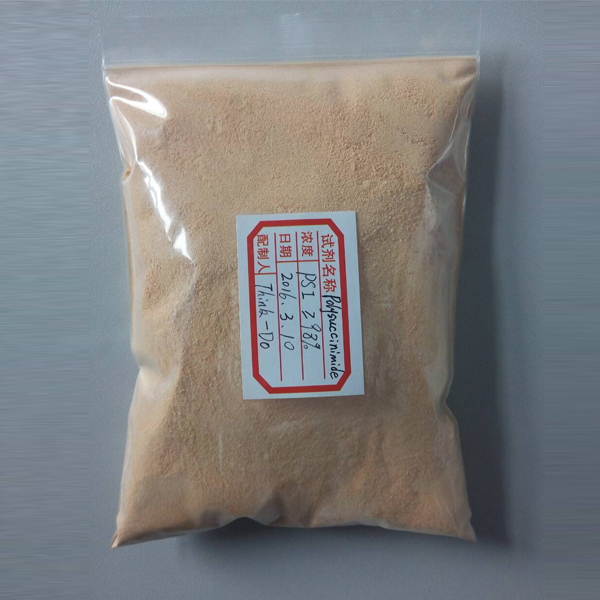
News
Aug . 20, 2024 01:22 Back to list
Top Iron Chelator Producers for Optimal Nutrient Management Solutions
The Role of Iron Chelators in Agriculture and Medicine A Focus on Manufacturers
Iron is an essential nutrient for plants and animals, playing critical roles in various biological processes, including photosynthesis, respiration, and DNA synthesis. However, in its free form, iron can also be detrimental due to its high reactivity, leading to the formation of harmful free radicals. To mitigate these effects, the use of iron chelators has become increasingly important in both agricultural and medical applications. Iron chelator manufacturers have emerged as key players in providing effective solutions to manage iron availability and prevent toxicity.
Understanding Iron Chelators
Iron chelators are chemical compounds that bind to free iron in solution, forming a stable complex that limits the availability of ionic iron. This is particularly important in environments where iron might exist in excess, potentially leading to oxidative stress for living organisms. In agriculture, chelators are used to ensure that iron is readily available to plants without causing toxicity, particularly in calcareous soils where iron is often precipitated and unavailable. In medicine, iron chelation therapy is a critical treatment for conditions such as hemochromatosis and thalassemia, where excessive iron accumulation can lead to severe health complications.
Agricultural Applications
In the agricultural sector, iron chelators are vital in the formulation of fertilizers and soil amendments. They enhance nutrient uptake by maintaining iron in a soluble, bioavailable form. Manufacturers of iron chelators produce various formulations, including EDTA (ethylenediaminetetraacetic acid), DTPA (diethylenetriaminepentaacetic acid), and EDDHA (ethylenediamine-N,N'-bis(2-hydroxyphenylacetic acid)), each tailored for specific soil conditions and crop requirements.
For example, EDDHA is particularly effective in alkaline soils, where conventional iron fertilizers may fail to provide adequate nutrition to plants. Iron chelator manufacturers invest in research and development to create new formulations that cater to the diverse needs of different crops and regional soil types, ensuring that farmers can achieve optimal yields while minimizing the risk of iron toxicity.
Medical Applications
iron chelator manufacturer

In the medical field, the importance of iron chelation cannot be overstated. Patients with conditions that result in iron overload, such as thalassemia or repeated blood transfusions, are at risk for serious complications, including liver damage, heart disease, and diabetes. Iron chelator manufacturers produce drugs such as Deferoxamine and Deferasirox, which effectively bind excess iron, facilitating its excretion from the body.
The development of oral and injectable iron chelators has greatly improved patient compliance and outcomes
. Manufacturers conduct extensive clinical trials to ensure the safety and efficacy of these medications, continuously seeking to innovate and improve formulations for better patient care.Challenges and Market Trends
Despite their benefits, the manufacturing of iron chelators does face challenges. Regulatory compliance, environmental concerns, and the need for sustainable practices are at the forefront of manufacturing strategies. Manufacturers are increasingly focused on developing biodegradable chelators and minimizing the environmental impact of their products.
Additionally, as research advances, the market for specialized iron chelation therapies is expected to grow, driven by an increasing awareness of conditions related to iron imbalance. Manufacturers are adapting to these trends by creating highly targeted solutions that cater to specific patient populations or agricultural needs.
Conclusion
Iron chelator manufacturers are integral to both agriculture and medicine, addressing crucial challenges related to iron availability and toxicity. With ongoing research and innovation, these manufacturers are set to play an even larger role in promoting health and sustainable agricultural practices. As the world continues to grapple with iron-related issues, the contributions of iron chelator manufacturers will undoubtedly become more significant, ensuring that both plants and people can thrive.
-
Polyaspartic Acid Salts in Agricultural Fertilizers: A Sustainable Solution
NewsJul.21,2025
-
OEM Chelating Agent Preservative Supplier & Manufacturer High-Quality Customized Solutions
NewsJul.08,2025
-
OEM Potassium Chelating Agent Manufacturer - Custom Potassium Oxalate & Citrate Solutions
NewsJul.08,2025
-
OEM Pentasodium DTPA Chelating Agent Supplier & Manufacturer High Purity & Cost-Effective Solutions
NewsJul.08,2025
-
High-Efficiency Chelated Trace Elements Fertilizer Bulk Supplier & Manufacturer Quotes
NewsJul.07,2025
-
High Quality K Formation for a Chelating Agent – Reliable Manufacturer & Supplier
NewsJul.07,2025
